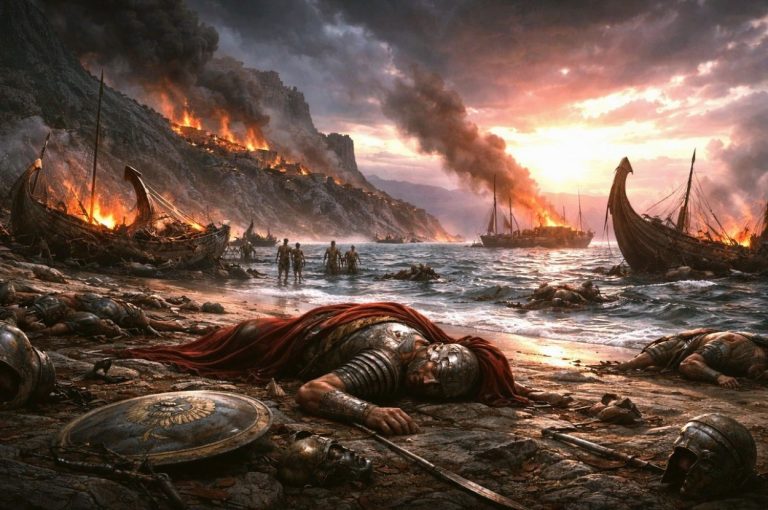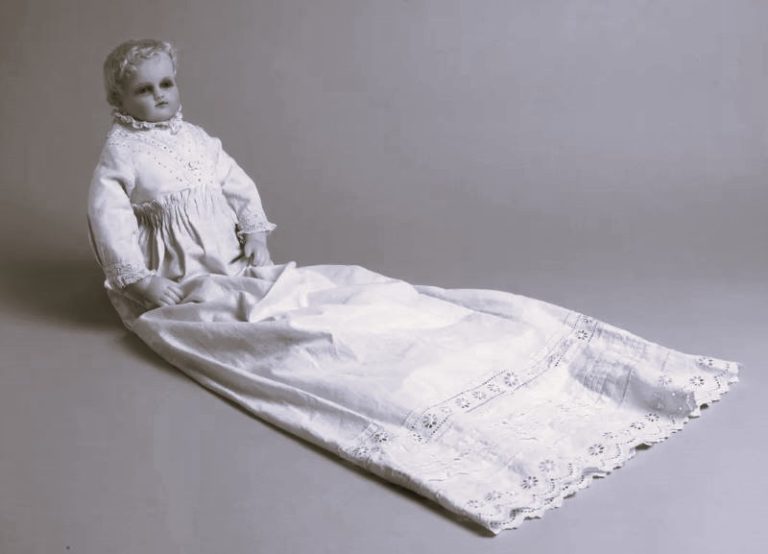
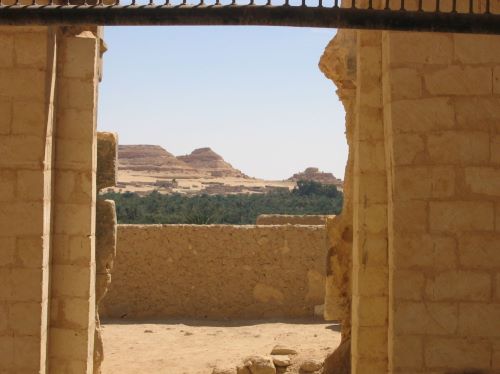
Alexander’s pilgrimage was a transformative experience that shaped the course of his empire.

By Matthew A. McIntosh
Public Historian
Brewminate
Introduction
In the annals of history, Alexander the Great stands as one of the most renowned military leaders and conquerors of all time. His insatiable thirst for knowledge, combined with his ambitious desire to unify the world under his rule, led him to embark on a journey that would forever shape his destiny. This essay examines Alexander’s expedition to the Oracle of Siwa, an ancient sanctuary located in the western desert of Egypt, where he sought the guidance of the gods and encountered profound insights that would influence his reign.
Siwa
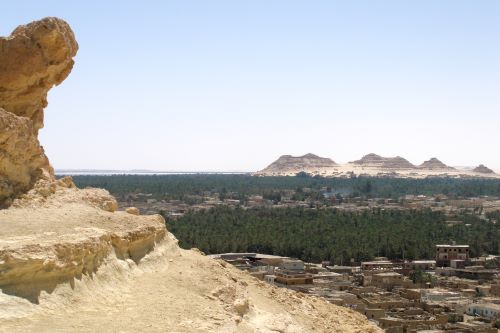
An Oasis of Mystery: Siwa, an isolated oasis nestled amidst the vast expanse of the Libyan Desert, held immense religious and cultural significance in the ancient world. The oasis was home to the Oracle of Amun, the most revered oracle in Egypt, who was believed to possess divine wisdom and the power to predict the future. It was to this mystical place that Alexander directed his attention, drawn by the allure of the oracle’s prophecies and the potential for divine validation of his ambitions.
The Journey Begins
In 331 BCE, Alexander the Great embarked on his arduous expedition from Egypt’s shores, crossing the treacherous desert in pursuit of the Oracle’s sanctuary. It was a perilous journey, fraught with challenges, as the harsh environment tested both the endurance of his soldiers and the resolve of their leader. However, driven by an unwavering determination, Alexander overcame these obstacles, propelled by his fervent belief in the oracle’s power and the pivotal role it could play in shaping his destiny.
Divine Validation
Upon reaching Siwa, Alexander presented himself before the Oracle, seeking answers to questions that weighed heavily on his mind. Legend has it that the Oracle recognized him as the “Son of Amun,” affirming his divine heritage and conferring upon him a special status. This divine validation proved pivotal for Alexander, as it solidified his claims of legitimacy and bolstered the loyalty and faith of his troops.
Prophecies and Wisdom
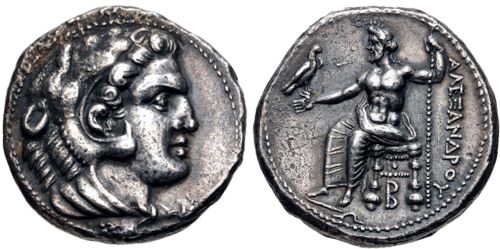
During his encounter with the Oracle, Alexander posed critical inquiries that mirrored the concerns of a world conqueror. While the details of their conversation remain obscured by time, it is believed that the Oracle imparted profound wisdom, addressing Alexander’s queries about the outcomes of his military campaigns and the fate of his empire. The Oracle’s words would have undoubtedly shaped the trajectory of Alexander’s conquests and influenced his subsequent decisions as a ruler.
Legacy and Influence
The impact of Alexander’s visit to Siwa cannot be overstated. The oracle’s confirmation of his divine lineage resonated throughout his empire, affirming his legitimacy and fostering a sense of divine destiny among his subjects. Furthermore, the encounter elevated the status of the oracle itself, solidifying its reputation as a powerful spiritual authority in the ancient world. The wisdom bestowed upon Alexander influenced his policies, inspiring him to adopt a more inclusive approach towards conquered lands, blending Greek and local customs and cultures.
Conclusion
Alexander the Great’s pilgrimage to the Oracle of Siwa was a transformative experience that shaped the course of his empire and left an indelible mark on history. The divine validation he received in Siwa reaffirmed his ambitions, bolstered his troops’ loyalty, and influenced his strategic decisions. The oracle’s prophecies and wisdom guided Alexander’s conquests, inspiring a more inclusive approach to governance. Siwa’s significance as a sanctuary of wisdom and spirituality remains a testament to the enduring influence of this historic encounter, forever entwining the names of Alexander the Great and Siwa in the tapestry of human history.
Originally published by Brewminate, 08.01.2025, under the terms of a Creative Commons Attribution-NonCommercial-NoDerivatives 4.0 International (CC BY-NC-ND 4.0) license.
